Highlights
- You can sell your ammo to Cash for Arms, local FFL dealers, or via private sales.
- Review all relevant policies about ammo sales in your area.
- If you want to sell your ammo hassle-free, sell to Cash for Arms. We also buy firearms.
Where to Sell Ammo: Your Options
Cash for Arms

We buy guns and ammo. Our streamlined online platform allows you to sell your unwanted ammo from the comfort of your home, ensuring a hassle-free experience without the risks associated with private sales. Keep in mind that Cash for Arms only accepts full boxes of ammo, not partial boxes or loose ammo.
<h4> How to Sell Ammo Online via Cash for Arms </h4>
- Click “Sell Your Gun Now” at the top right corner of our website and choose “Something Else.”
- Fill out the form, accept our offer, and then ship your ammo.
- Get paid on the same day we receive your ammo.
Other FFL Dealers

Your local gun shops or pawn shops holding an FFL are potential buyers, but not all purchase ammunition. Many people looking to sell ammo near them start with these local options. Always call ahead to confirm their buying policies.
When you find one that does, here's the process:
- Pack up your ammo properly.
- Drive to their place and have them inspect your ammo.
- Review their offer.
- Close the deal if the price works for you.
Note: Send the offer they gave you to us, and we’ll beat it! Cash for Arms guarantees the best price for your ammo.
Private Sales
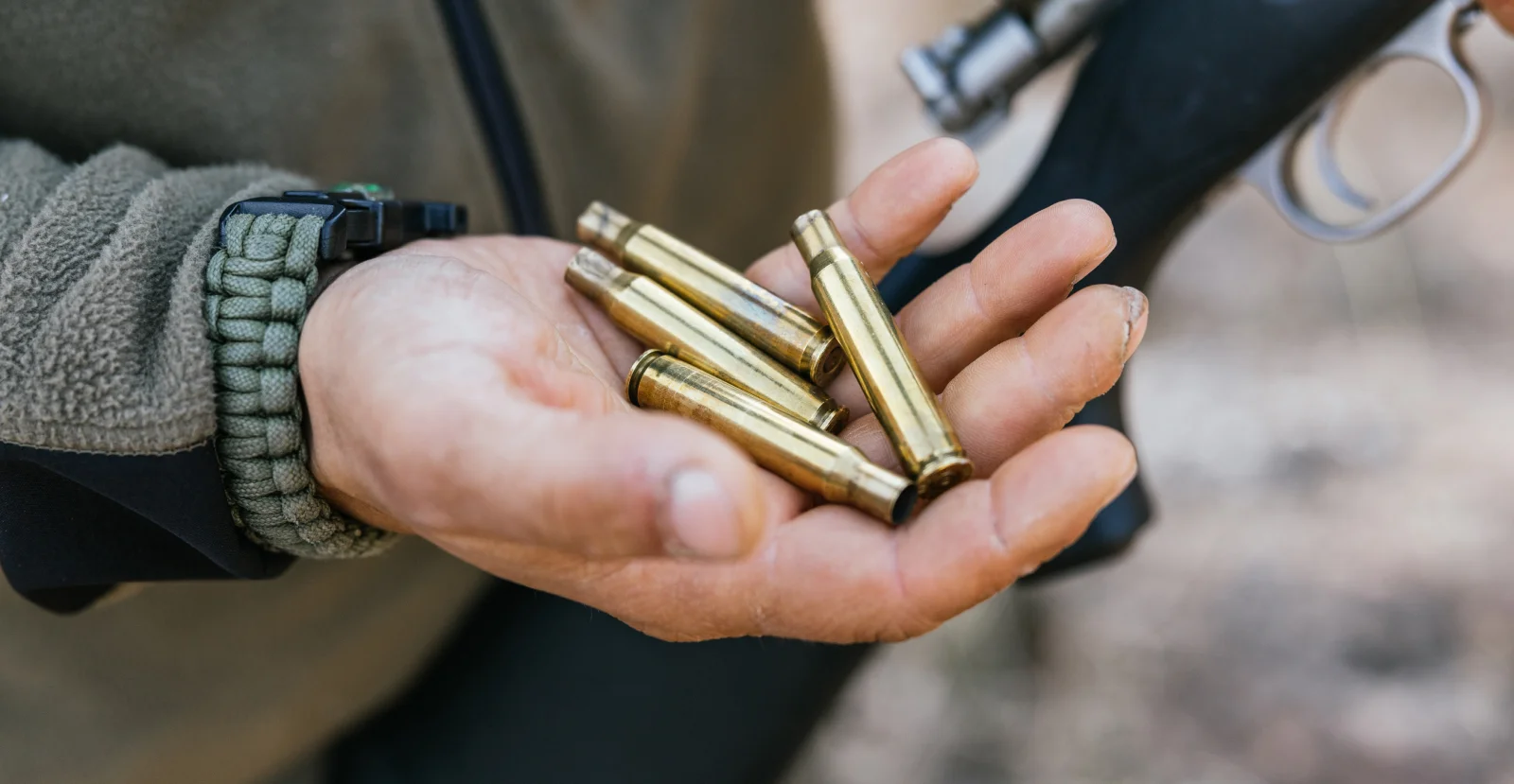
Private sales are another path, but they need attention to detail and strict compliance with local laws. Follow these steps:
- Review your state's private sale regulations on ammo.
- Create a detailed listing on appropriate platforms.
- Thoroughly vet potential buyers.
- Meet at a secure location.
- Complete all required documentation.
Legal Requirements by State
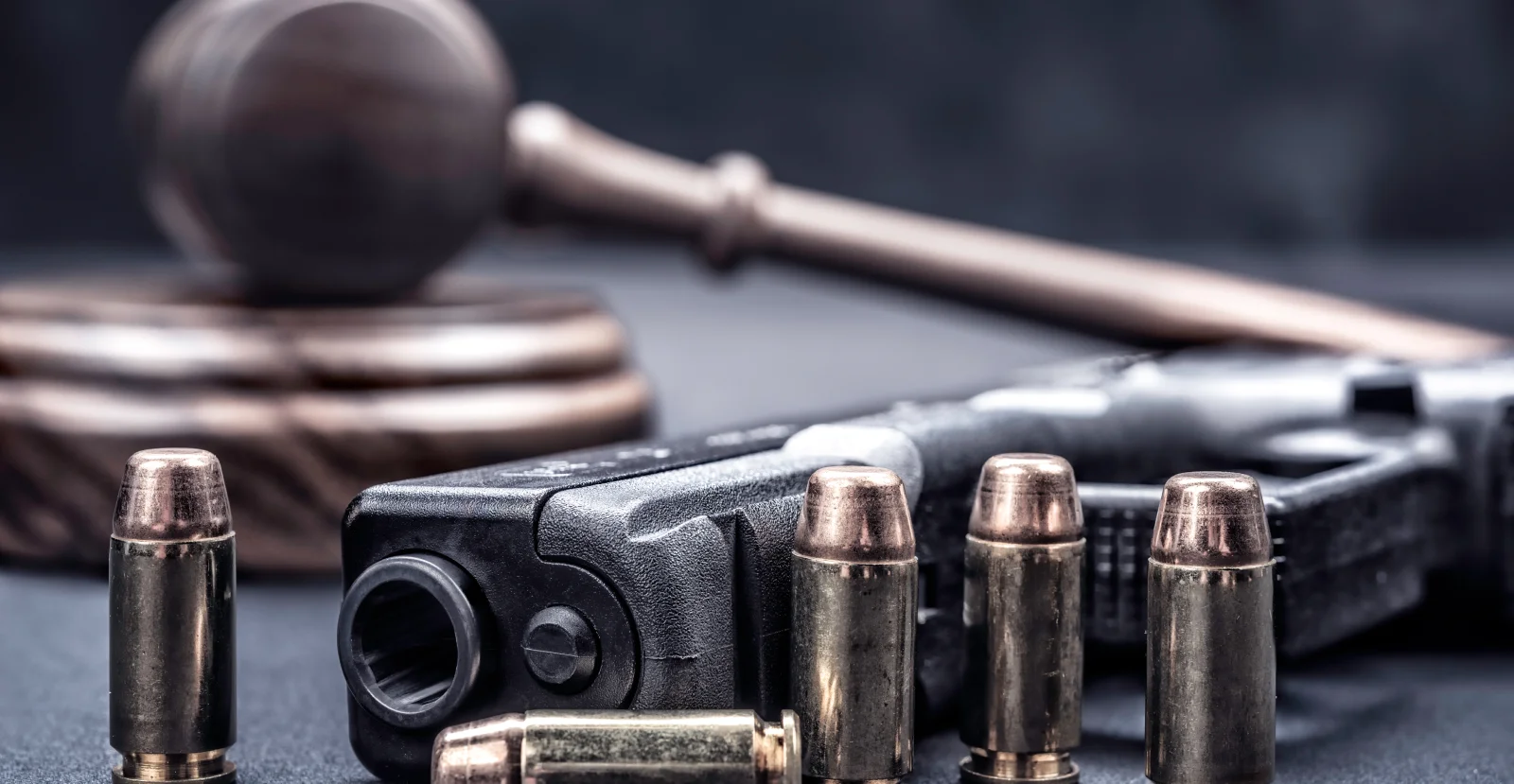
Each state has their own regulation when it comes to ammo sales. Here’s what matters:
- Age limits for buyers and sellers
- Magazine capacity rules
- Storage requirements
- Transportation guidelines
- Required paperwork
Magazine Capacity Restrictions
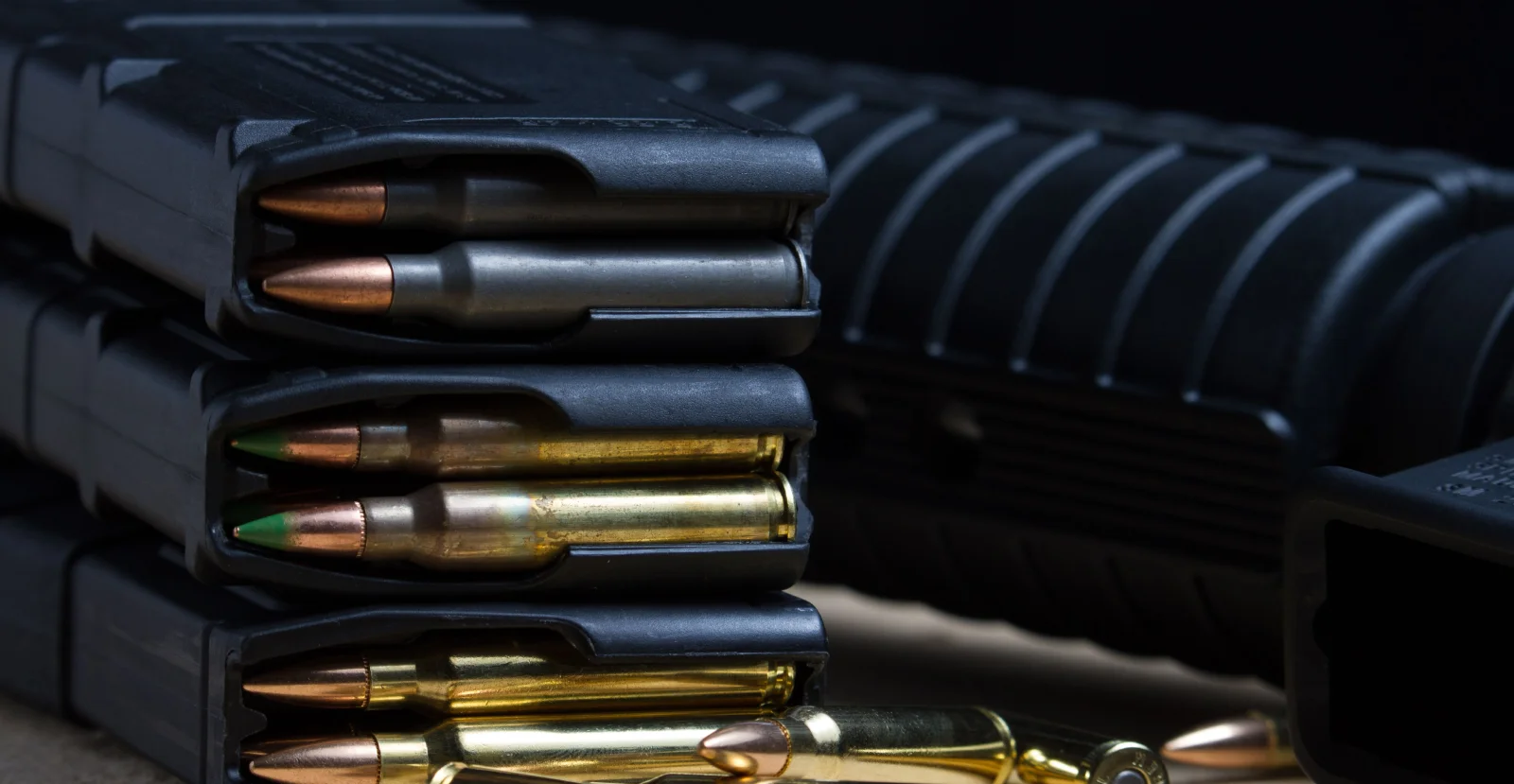
10-Round Maximum States
- California
- Connecticut
- District of Columbia
- Hawaii (handguns only)
- Illinois (long guns only)
- Maryland
- Massachusetts
- New Jersey
- New York
- Rhode Island
- Vermont (rifles only)
- Washington State
15-Round Maximum States
- Colorado
- Magazines over 15 rounds can only be sold and possessed if owned before July 1, 2013.
- Illinois (for handguns)
- Vermont (for handguns)
17-Round Maximum States:
- Delaware
- Exemptions exist for law enforcement and concealed carry permit holders.
Other Restrictions:
- Ohio: In Columbus, magazines can’t hold more than 30 rounds, but no state-wide restrictions exist.
Many states don’t impose any restrictions on magazine capacities, allowing gun owners to sell and possess magazines with higher capacities without legal limitations. States not mentioned here don’t have restrictions.
Tips for Selling Your Ammo
Sort Your Ammunition
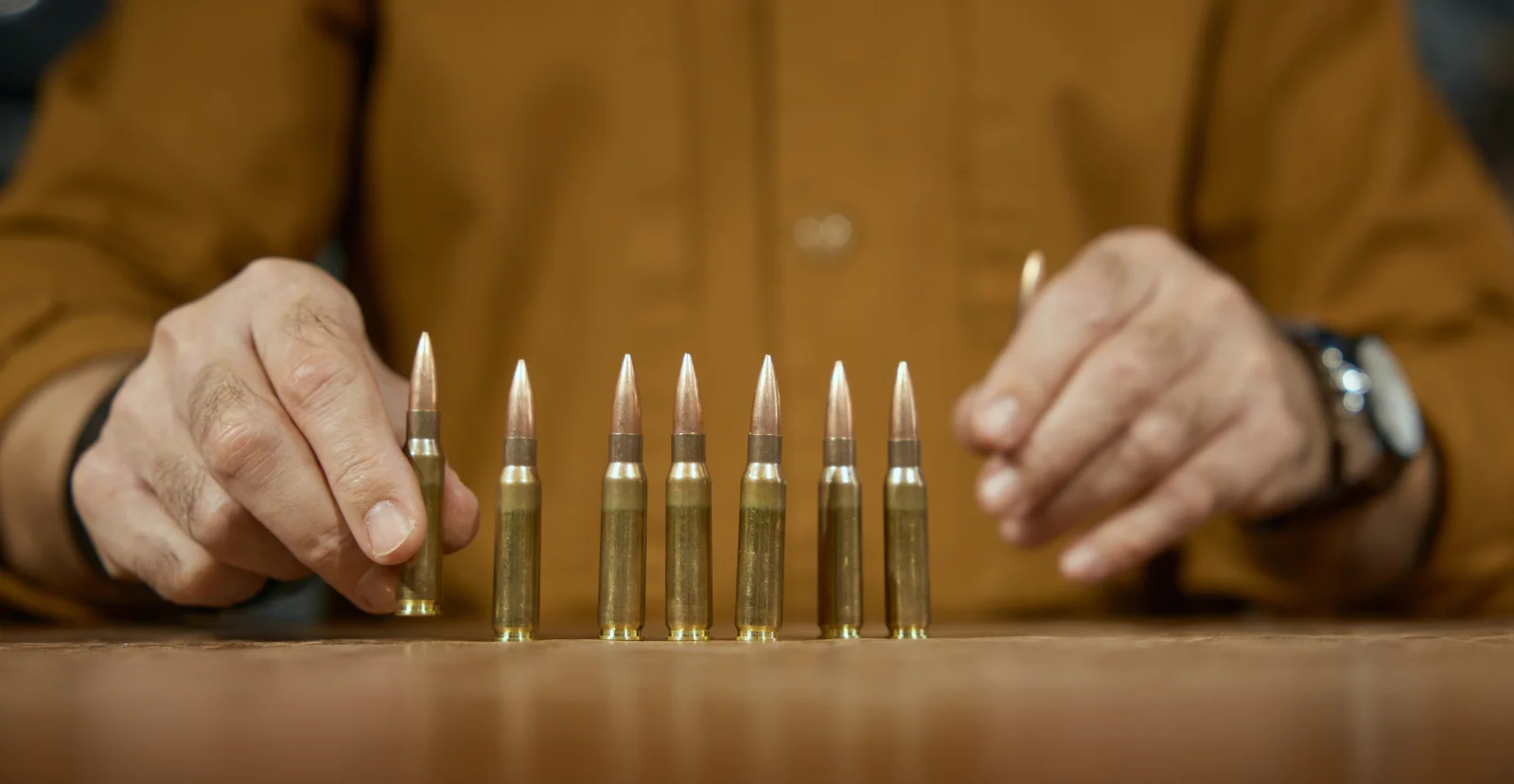
Start by grouping your ammunition by caliber, keeping all similar rounds together like 9mm and .45 ACP.
Keep factory boxes whenever possible, as original packaging matters significantly to buyers.
Separate your rounds by purpose—self-defense, target, and hunting ammunition should each have their own space.
Label any mixed rounds clearly if the original boxes are missing. Keep brass, steel, and aluminum-cased ammunition separate and organize further by bullet type like FMJ and hollow points.
Prepare All Necessary Documentation

Record manufacturer names, lot numbers, and quantity for each type of ammunition you have.
Keep your purchase receipts and take clear photos showing the condition of your ammunition.
Note any premium features like match grade or +P rounds, as these often command higher prices.
Check Condition
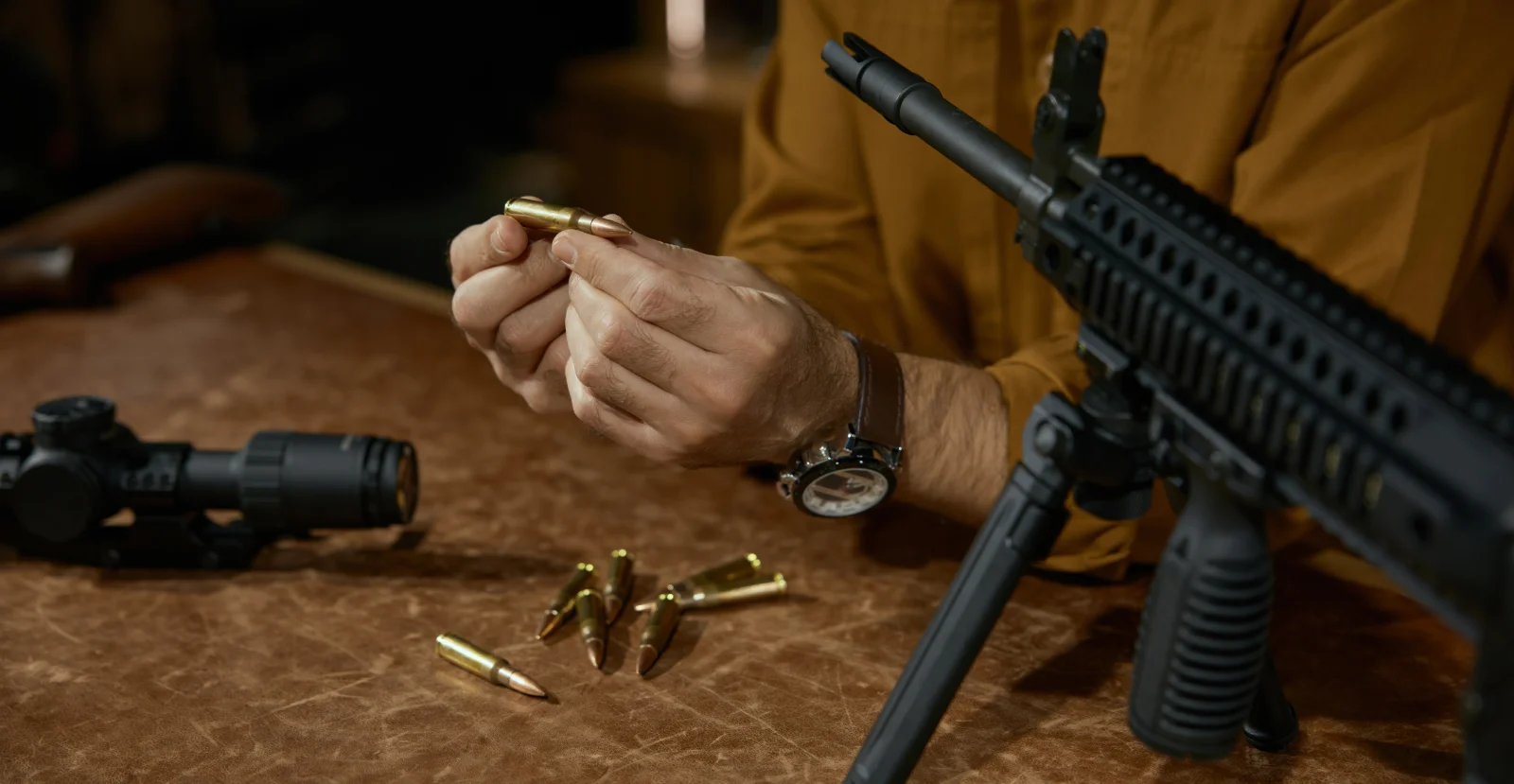
Examine each batch for signs of corrosion, tarnishing, or moisture damage. These issues significantly impact value.
Check casings for dents and verify that all primers look intact. Remove any questionable rounds, as buyers typically won't accept damaged ammunition.
Check Storage History
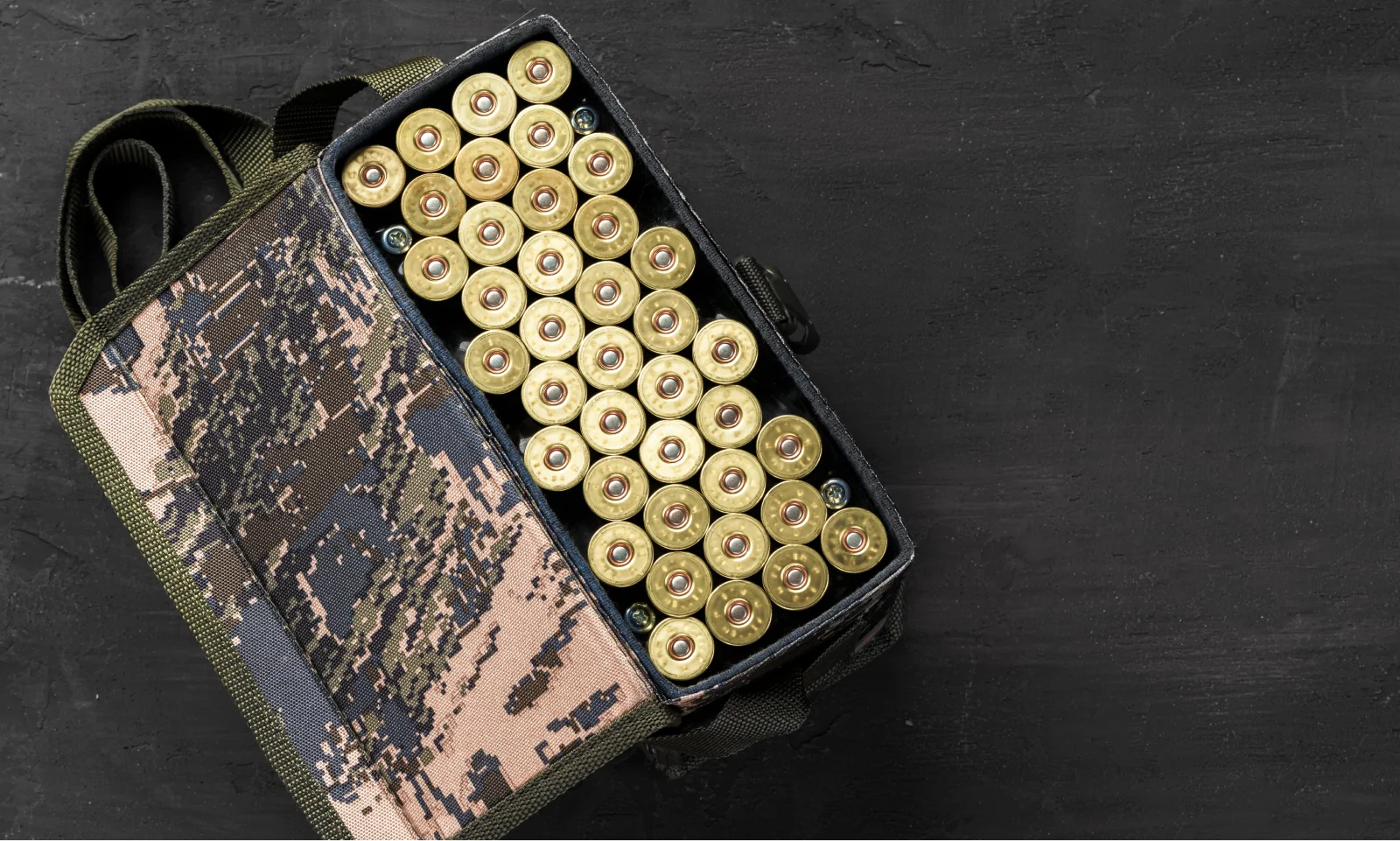
Make notes about how you've stored the ammunition, especially if it's been in a climate-controlled environment. A good storage history can increase buyer confidence, often leading to better offers.
Conclusion
Selling your excess ammo requires attention to state laws. You must follow safe handling practices and document everything. However, working with licensed professionals makes the process straightforward and secure.
Don't let your surplus ammunition collect dust or take up valuable storage space. Contact Cash for Arms today for a fair offer and immediate payment. We guarantee a hassle-free, legal transaction that complies with all federal and state regulations.
Contact us at (904) 977-5477.


